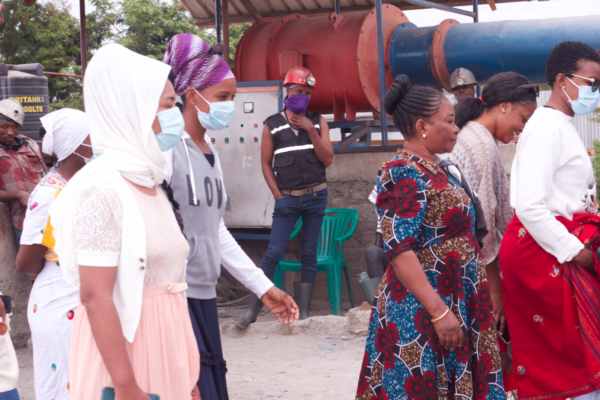
Unearthing equality: Women’s empowerment in Tanzania’s extractive sector
April 18, 2024DARUBINI – TANZANIA BRIEFING – APRIL 2024 While driving economic growth and contributing to welfare, the benefits of Tanzania’s extractive sector have not been equitably distributed among all segments of society, with women being notably disadvantaged. In this briefing, IPIS and its partners look at the realities of women’s participation in both small and large-scale mining. The briefing iden
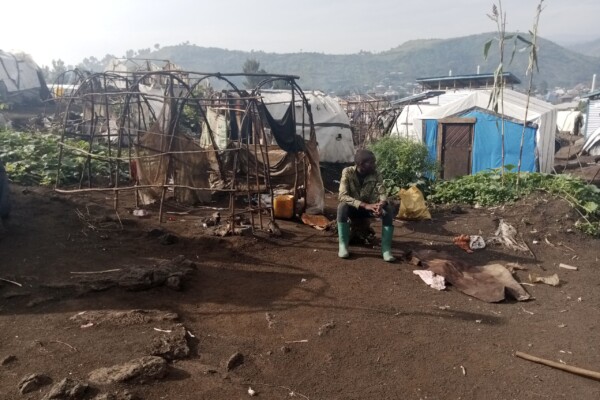
The M23 “version 2” – Local stakes, motivations, perceptions, and impacts
April 4, 2024Since 2021, the eastern part of the Democratic Republic of Congo (DRC) has once again fallen victim to the “March 23 Movement” (M23). Supposedly defeated in 2013, the M23 took up arms again in 2021, and by 2022 had rapidly seized vast territories in the south-east of North Kivu province.
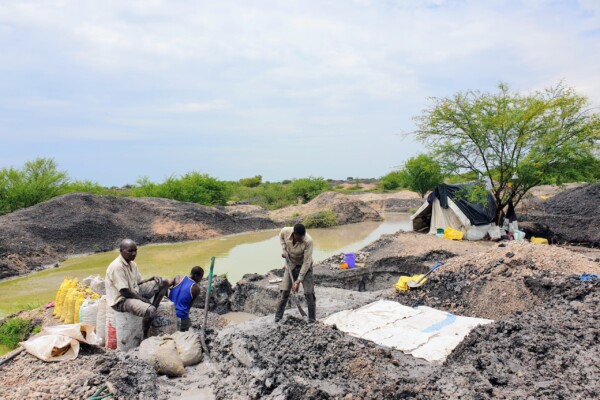
Access to remedy and extractive industries: The challenges of legal aid providers in Tanzania
December 20, 2023DARUBINI – Tanzania Briefing – December 2023 Tanzania’s rich mineral reserves and thriving extractive industries provide a promise of economic prosperity and development. However, when these industries cause harm to both surrounding communities and environments, access to remedy often remains difficult. In this briefing, IPIS and its partners address challenges facing Legal Aid Providers (LA
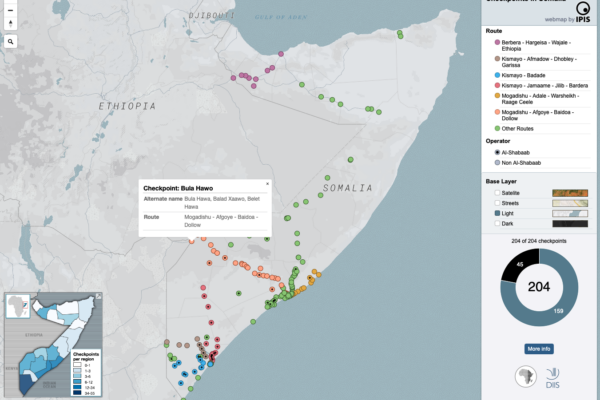
Mapping the political economy of checkpoints in Somalia
December 20, 2023The maps inform users on the locations of roadblocks across Somalia, the distribution of violence at checkpoints as well as the density of checkpoints per administrative region. Different maps also identify varying characteristics of the roadblocks, including their operator, location on a primary/secondary road and the amount paid at the checkpoint as toll.
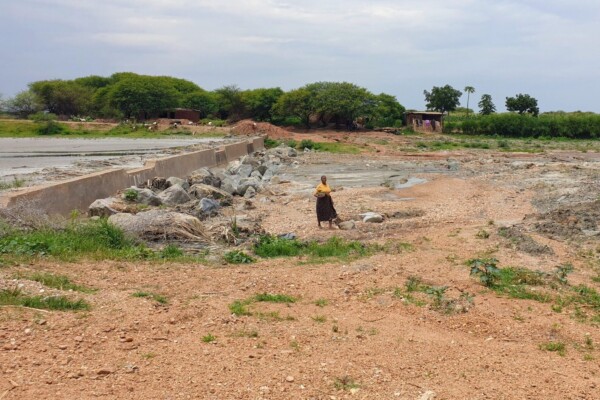
Petra Diamonds’ attempts to come clean with its tarnished past in Tanzania
November 9, 2023Challenges in securing access to remedy and restoring community relations after serious human rights abuse at the Williamson diamond mine This report assesses the efforts by Petra Diamonds to restore community relations and remediate the legacy of serious human rights abuse at its Williamson diamond mine in Tanzania. Download the report The Williamson Diamonds mine, adjacent villages a

The EU Conflict Minerals Regulation: High stakes, disappointing results
October 19, 2023The EU Regulation on the responsible supply of tin, tungsten, tantalum and gold (3TG) originating from conflict-affected and high-risk areas (CAHRAs) came into full force on 1 January 2021. Also known as the “Conflict Minerals” or “Responsible Minerals” Regulation, it aims to break the link between the exploitation and trade in 3TG on the one hand, and conflict financing on the othe

Tanzania’s mining policy on local content: Progress and associated challenges
September 13, 2023DARUBINI – Tanzania Briefing – September 2023 Tanzania has experienced a boom in its mining sector in the past few years. Yet there are concerns about the limited benefit this has provided to Tanzanian communities , due to a lack of local participation in the sector’s value chain. This briefing evaluates the implementation of legislation regulating local participation thus far and identifies
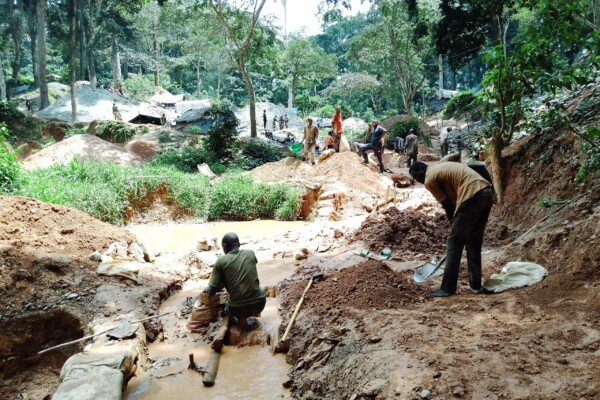
Annual Report 2022
June 26, 2023In 2022 IPIS continued its work throughout the gradual wind-down of the COVID pandemic and the outbreak of war in Ukraine. Throughout a turbulent year for civil society actors committed to peace, disarmament, and international dialogue, IPIS remained steadfast. Continuing to develop strong relations with key donors and maintaining its commitment to delivering excellent work in investigating a
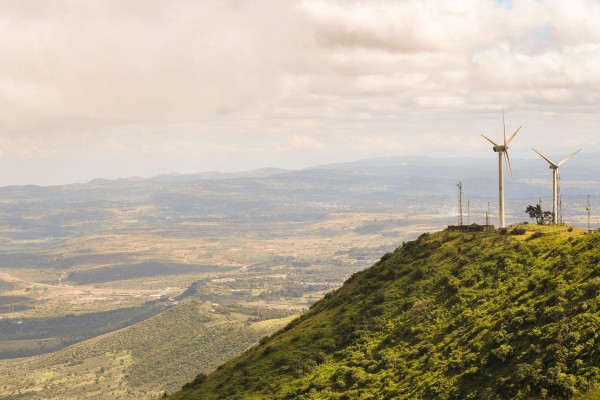
Tanzania and the energy transition: Potential, progress and challenges
June 6, 2023DARUBINI – Tanzania briefing – May 2023 The global debate on the energy transition is also heating up in African countries. It relates to the urgent need for climate change adaptation, resilience, and mitigation. This briefing focuses on the ongoing energy transition debate in Tanzania by examining the progress, potential and challenges it poses for the country to transition from fossil fuels to c
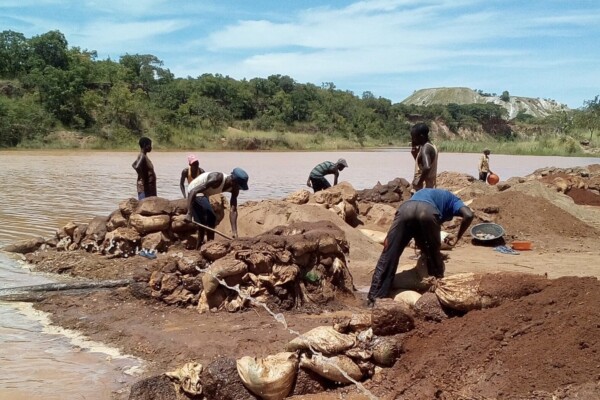
Annual Report 2021
July 13, 20222021 has proven to be a fundamental year for IPIS. In the background of the global health crisis and its various impacts on partner organisations and multilateral frameworks, IPIS continued to fulfill its role in investigating armed conflict and human rights violations, addressing business practices, and being present in networks and platforms with information and advice. This annual report gives
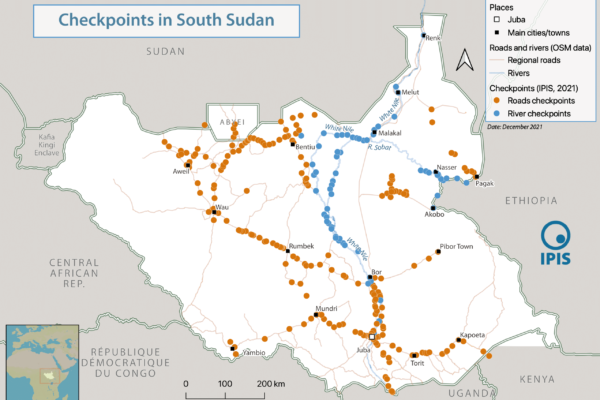
Maps of checkpoints in South Sudan
December 14, 2021A selection of key maps that accompany the 2021 publication “Checkpoint economy: the political economy of checkpoints in South Sudan, ten years after independence”. Interactive webmap of road-and river checkpoints in South Sudan: A static overview map of all road- and river checkpoints in South Sudan (2020 – 2021 data): A static map with details of all checkpoints, per route (2020 – 2021 data): A
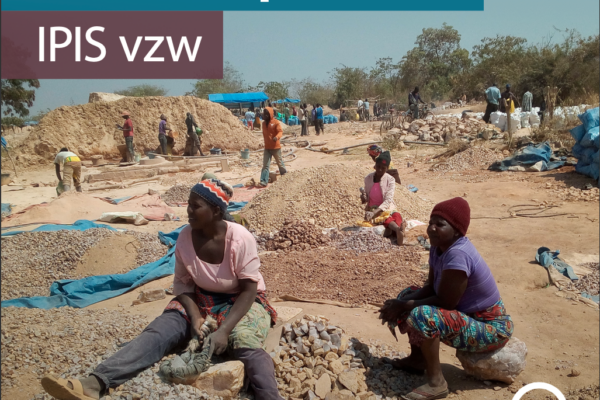
Annual Report 2020
August 31, 2021This annual report provides an overview of all of IPIS’ activities in 2020. The report details the work on the different research programmes, and lists all the publications and briefings of 2020. It also outlines the various events and workshops that IPIS has participated in. Finally, the report gives an overview of the 2020 finances and the networks IPIS is a part of. Download the annual report
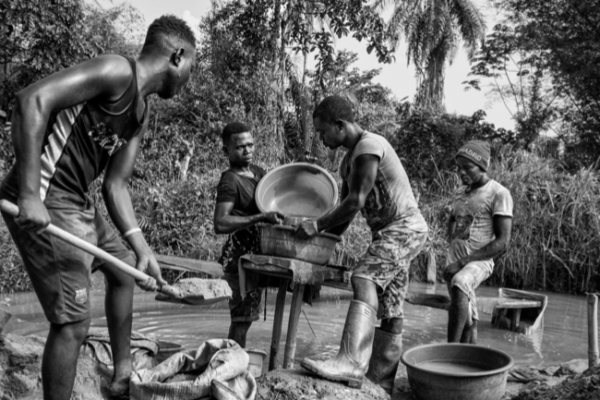
Review paper – The EU Conflict Minerals Regulation: Implementation at the EU Member State level
June 9, 2021A coalition of European NGOs working on responsible mineral sourcing, including IPIS, published a review paper discussing the state of implementation of the European Conflict Minerals Regulation across European Union Member States. The report highlights the shortcomings of the Regulation and the general lack of transparency that hinders effective and efficient monitoring of companies. The NGO co
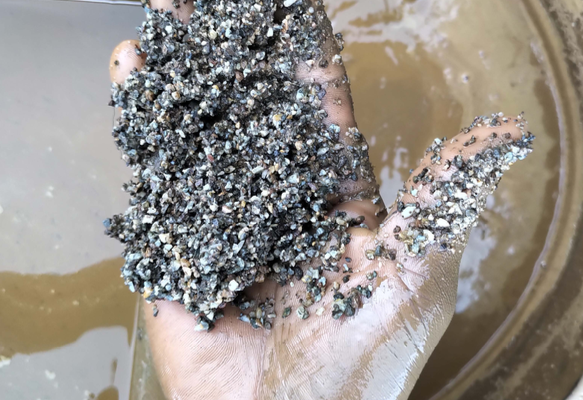
Evaluating Due Diligence Programs for Conflict Minerals
March 29, 2021The 2010 Dodd-Frank Act requires that US-listed companies sourcing so-called “conflict minerals” from Africa’s Great Lakes region conduct due diligence. Since January 2021, the EU imposes its 3TG importers to conduct due diligence in line with the OECD Guidelines (for a comparison between the two regulations, see IPIS Insight: Regulating Responsible Sourcing of 3TG Minerals). D
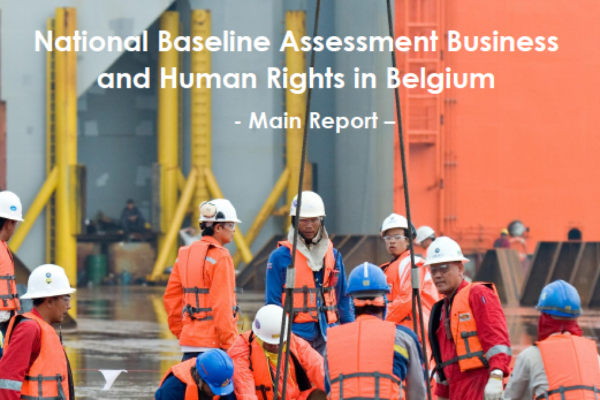
National Baseline Assessment – Business and Human Rights in Belgium
March 17, 2021IPIS contributed to the Belgian National Baseline Assessment (NBA). The report covers the findings and recommendations of the NBA. The NBA charts the progress made by Belgian authorities and companies since the launch of Belgium’s first National Action Plan on Business and Human Rights, in June 2017. The research was commissioned by the Belgian Federal Institute for Sustainable Developme
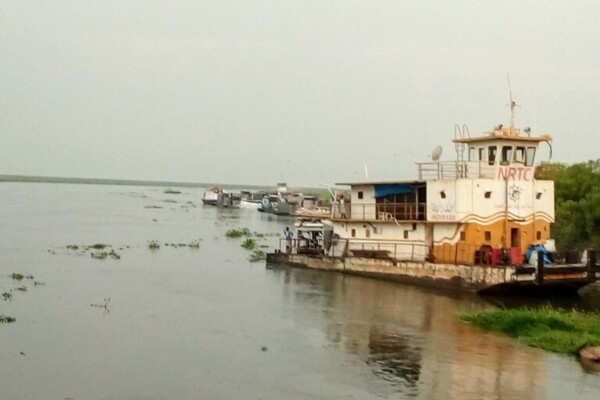
Annual Report 2019
August 26, 2020This 2019 annual report provides an overview of IPIS’ research projects, capacity enhancement and outreach activities throughout last year. Read the full activity report to see what IPIS has been up to in 2019.
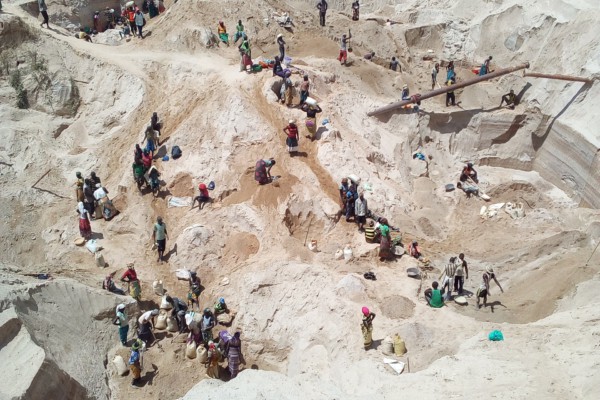
IPIS Insights on Due Diligence in Mineral Sourcing – Regulating Responsible Sourcing of 3TG Minerals
January 9, 2020Comparative analysis of Section 1502 of the US Dodd-Frank Act and the EU Conflict Minerals Regulation, lessons learned and risks for implementation
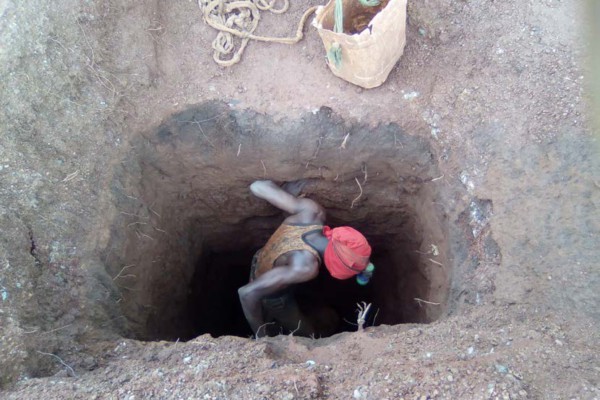
Piloting a digital stakeholder engagement platform for Tanzania’s mining sector: Incident tracking & mobile surveys
October 31, 2019As part of a project on mining and human rights, IPIS undertook a large-scale mobile data collection exercise on operational, socio-economic and human rights aspects of artisanal and industrial mining in northwest Tanzania. Building on this baseline data gathered in the first phase of this project on the nature, scope and impact of artisanal and small-scale mining and local community perceptions o
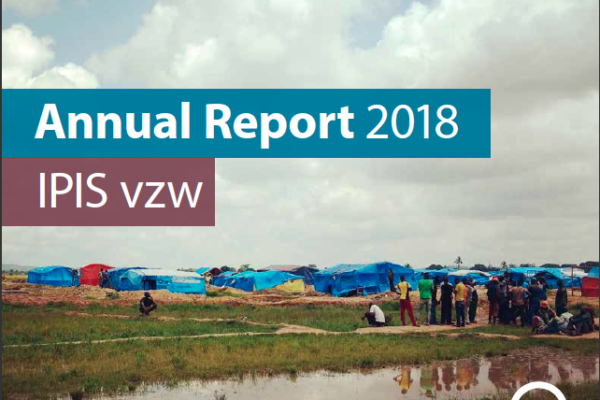
Annual Report 2018
June 27, 2019This 2018 annual report provides an overview of IPIS’ research projects, capacity enhancement and outreach activities throughout last year. IPIS consolidated its work in DRC, Central African Republic and Tanzania and deepened its expertise on mapping, data analysis and research on conflict drivers, natural resources, Business & Human Rights and arms trade. IPIS worked closely with civil societ
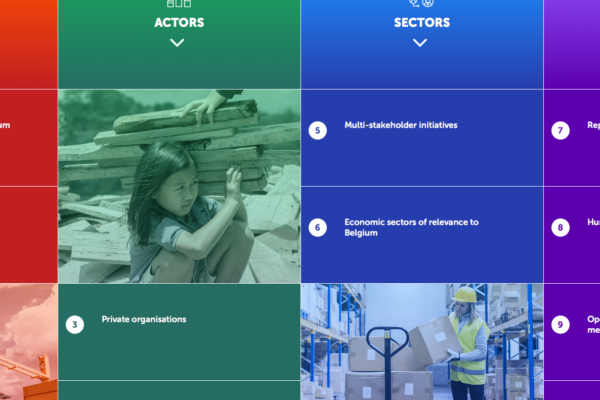
Toolbox for Business and Human Rights
January 25, 2019On the 70th anniversary of the Universal Declaration of Human Rights, the Federal Institute for Sustainable Development (FIDO/IFDD) has launched the Toolbox Human Rights. This toolbox bundles the most important human rights conventions and regulations into one comprehensive website. This website aims to help companies, organisations and their stakeholders to easily align their policies/practices i

